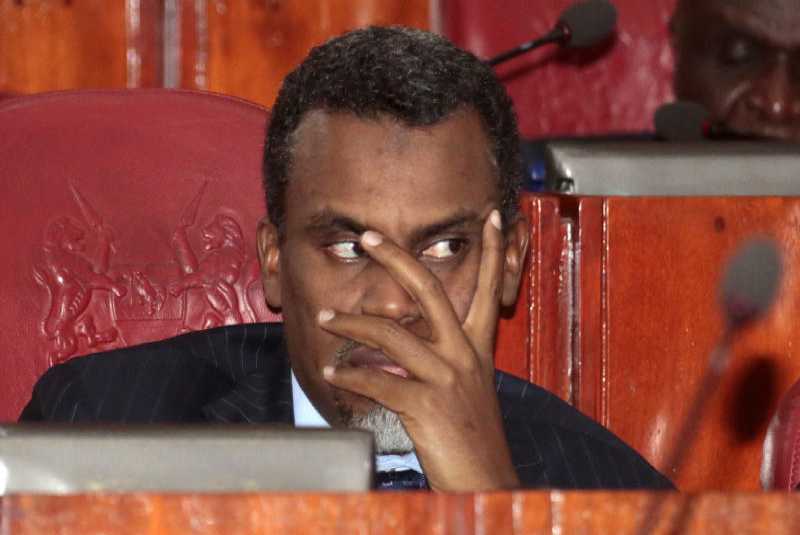×
The Standard e-Paper
Fearless, Trusted News

After decades of corruption, President Uhuru Kenyatta has embarked on a noble quest to rid the country of the vice. Years of clientelism have ensured that graft is firmly entrenched in the everyday lives of the citizenry. Reports say a third of the country’s budget is lost to corruption annually.
The President acknowledges that it is a threat to national security; what he intends to do is therefore no mean feat. Should he succeed, it will be the very definition of his legacy, as the slayer of the graft dragon.